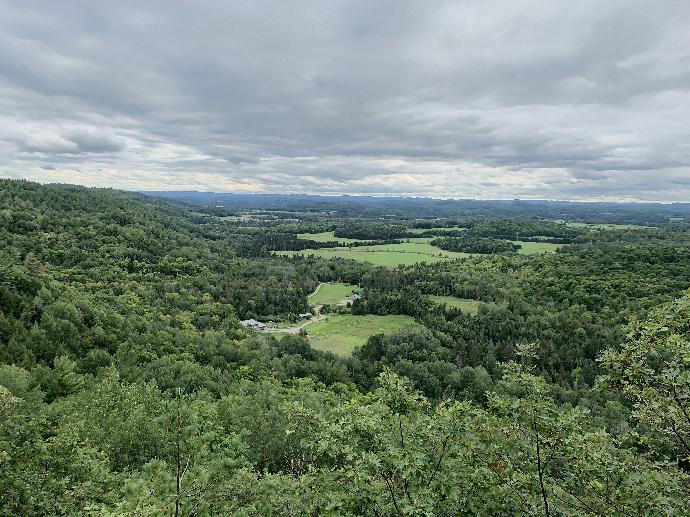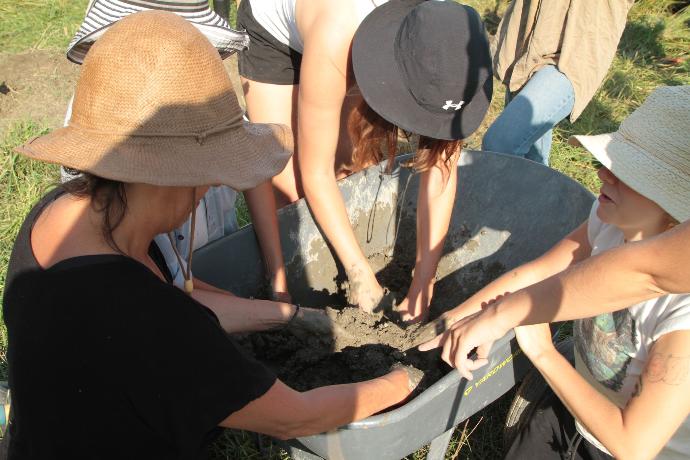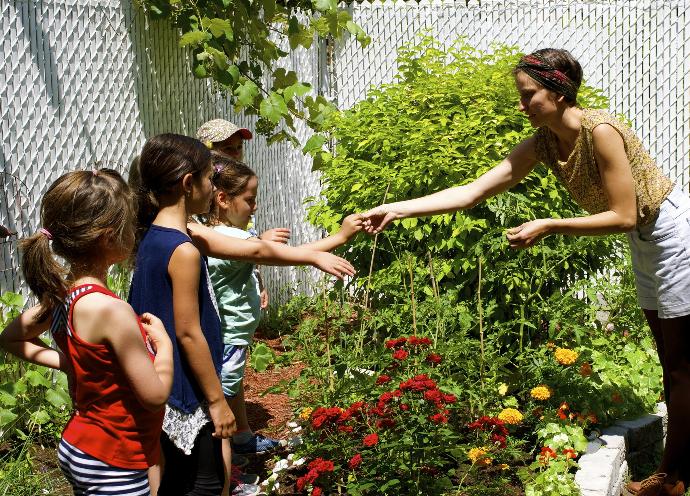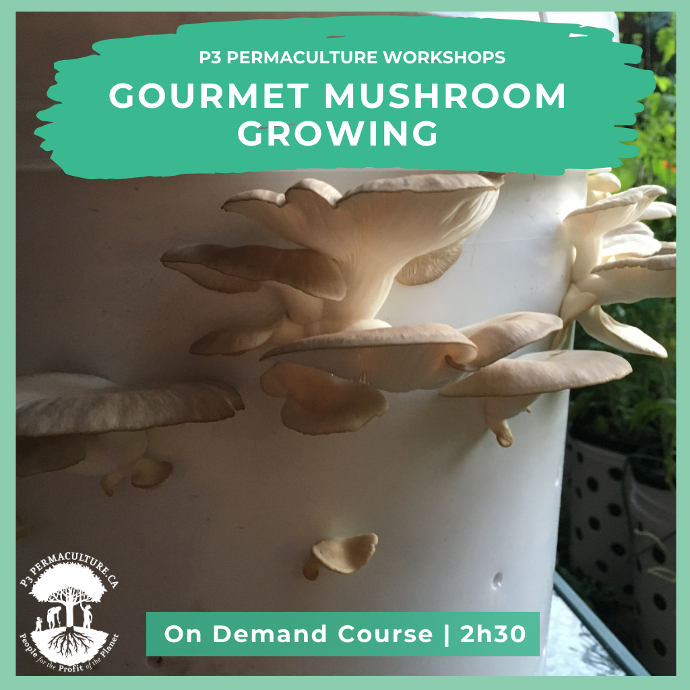Permaculture is a system of sustainable agriculture that focuses on designing ecosystems that are productive, diverse, and resilient. It is based on principles of ecology, biology, and traditional farming practices, and emphasizes working with nature rather than against it. Permaculture is not just about gardening, but is a way of life that encourages people to live in harmony with the natural world. As such, the ethics of permaculture are a fundamental aspect of its philosophy.
The three ethics of permaculture are earth care, people care, and fair share. These ethics form the basis of permaculture design and are intended to guide decision-making and action in all areas of life. Let's take a closer look at each of these ethics and what they mean.
Earth Care
The first ethic of permaculture is care for the earth – acting in a way that protects and regenerates the natural environment. The goal of Earth Care is to minimize our impact on the planet and work to restore ecosystems that have been damaged or degraded. This includes practices like regenerative agriculture, reforestation, and conservation of biodiversity.
Care for the earth also means being mindful of the resources we use and minimizing waste. This might involve practices like composting, reducing energy consumption, and conserving water. Ultimately, care for the earth means recognizing that we are a part of the natural world and that our survival and well-being depend on the health of the ecosystems around us.


People Care
The second ethic of permaculture is care for people. This means that we should act in a way that promotes the well-being of individuals and communities, by creating social systems that are just, equitable, and inclusive. People Care includes practices like fair trade, community-supported agriculture, and cooperative ownership structures.
Care for people involves awareness of the impact of our actions on others, especially those who are most vulnerable – it is crucial that we recognize that we are all interconnected and our actions have an impact on others. To practice People Care, you can engage in ethical sourcing, supporting local businesses, and charitable work.
Fair Share
The third ethic of permaculture is fair share, which is centred on ensuring that resources are distributed fairly and equitably so that we create systems that are sustainable and just, and that do not exploit others.
Fair share also means being mindful of the impact of our actions on future generations – striving to leave the planet in a better condition than we found it, and to create systems that are regenerative rather than extractive. Fair share means recognizing that we have a responsibility to act in the best interests of the planet and all its inhabitants. You can practice fair share by engaging in resource sharing, cooperative ownership, and participatory decision-making.

The ethics of permaculture are an important aspect of its philosophy. They provide a framework for making decisions and taking action that is grounded in sustainability, equity, and justice. By living according to these ethics, we can create a more just and equitable world that is in harmony with the natural environment.
Want to learn about the ethics of permaculture in practice?
You can learn all about the ethics of permaculture hands-on Summer 2023 Permaculture Design Certificate course in Wakefield, Quebec. You'll also get to engage in a bunch of other hands-on eco-gardening and permaculture techniques in our PDC, such as lasagna gardens, rain gardens, and hot composts!






The Three Ethics of Permaculture